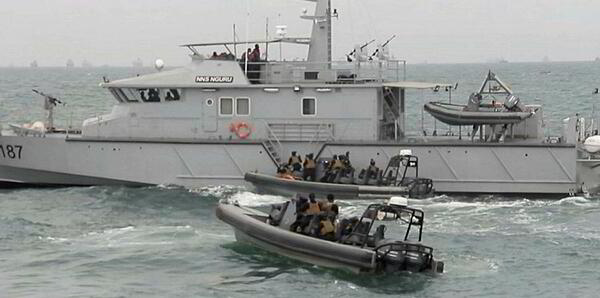After efforts by governments around the Gulf of Guinea (GoG) to deter piracy, kidnapping for ransom and organised crime failed, the European Union (EU) launched the pilot case of the Coordinated Maritime Presences (CMP) concept in the area.
This was included in a document containing the result of proceedings approved by the European Union Council at its meeting held on 25 January 2021.
The Nigerian Maritime Administration and Safety Agency (NIMASA) had in 2019 hosted about 30 countries at the Global Maritime Security Conference. This maritime security conference was aiming to enable a clearer understanding of the challenges of maritime security in the Gulf of Guinea and develop solutions.
However, two years later, this has not translated into safer maritime environment in the region. According to the document, the EU would ensure political control and provide strategic guidance West and Central African States in order to address the many challenges to maritime security, including organised crime.
Specifically, it stated:
The Gulf of Guinea continues to face a challenging environment in which piracy, armed robbery at sea, kidnapping of seafarers, illegal, unreported, and unregulated (IUU) fishing, smuggling and trafficking of drugs and arms, as well as transnational organised crime pose a major and increasing threat to maritime security
The EU also affirmed its commitment to increasing work with the coastal states of the Gulf of Guinea and the organisations of the Yaoundé Architecture, by ensuring continuity, reactiveness, complementarity and synergy between Members States’ actions.
The pilot case aims to allow the EU to:
- Enhance the visibility of EU maritime presence and support the Union’s strategic and political objectives, including conflict prevention;
- Promote international cooperation at sea;
- Exchange of information in the maritime security domain.































































